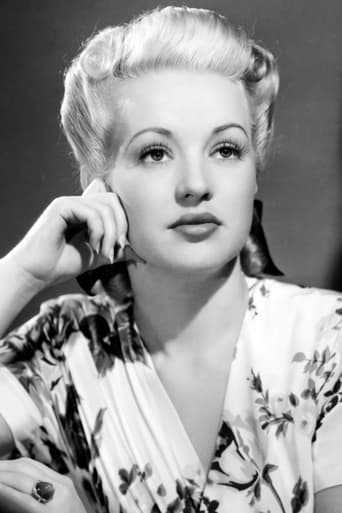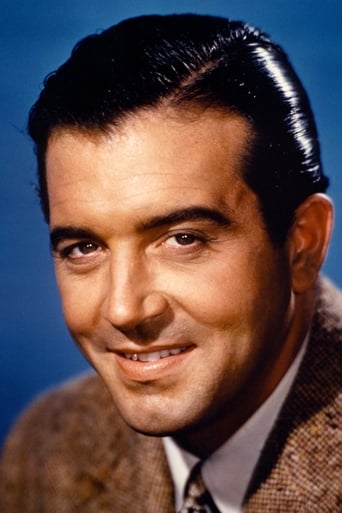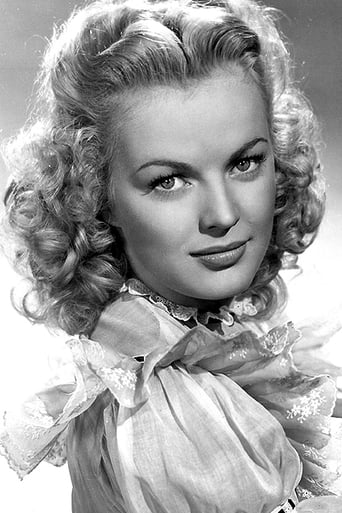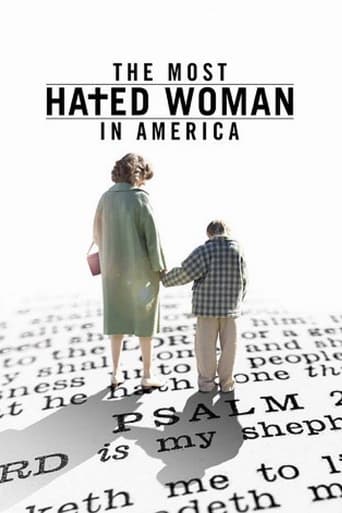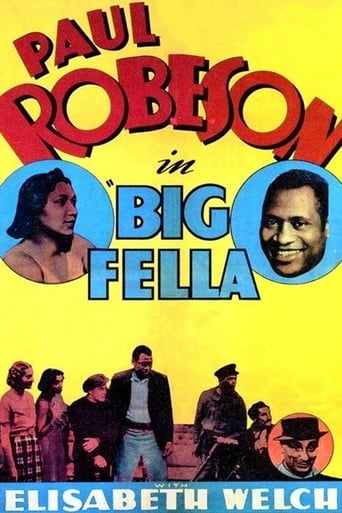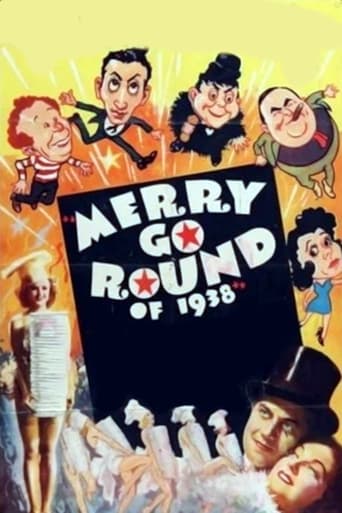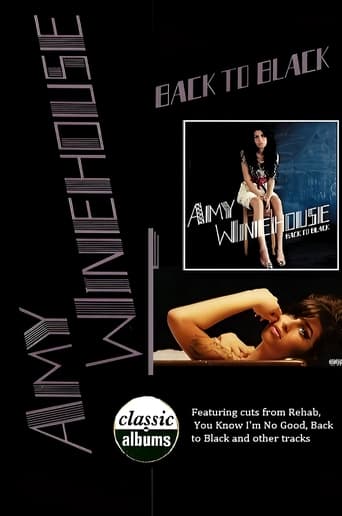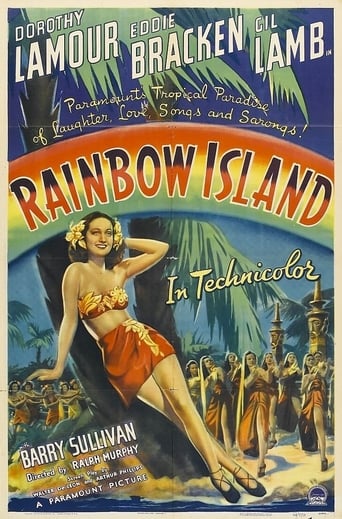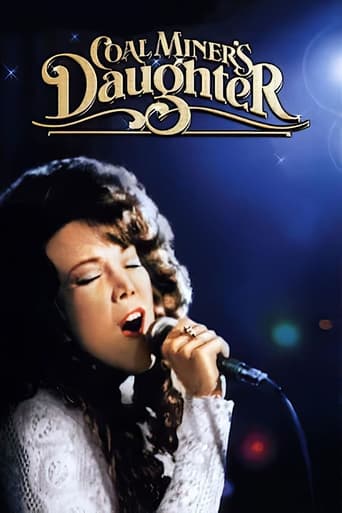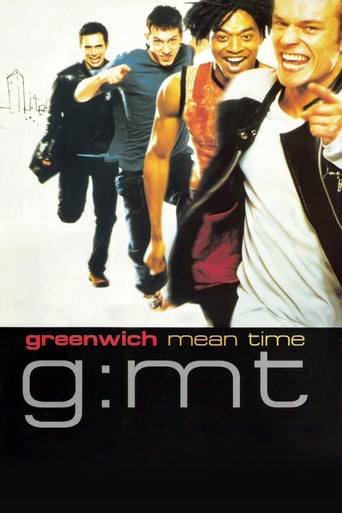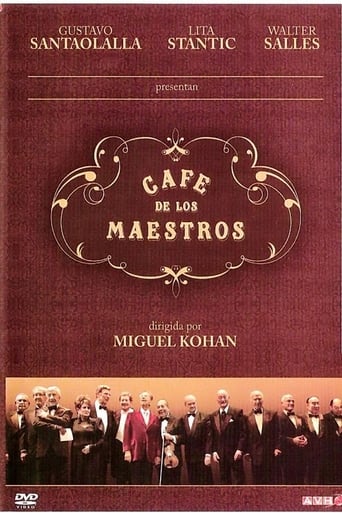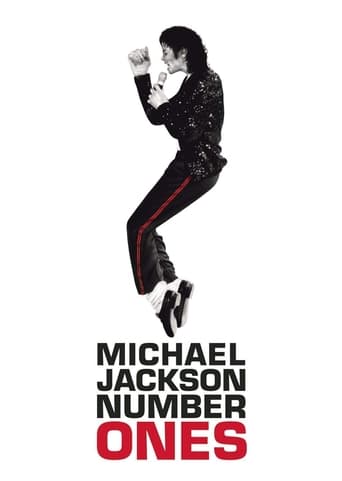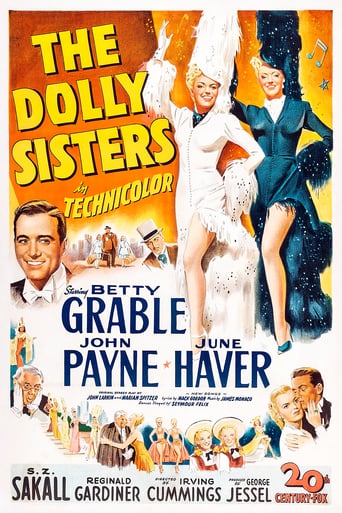
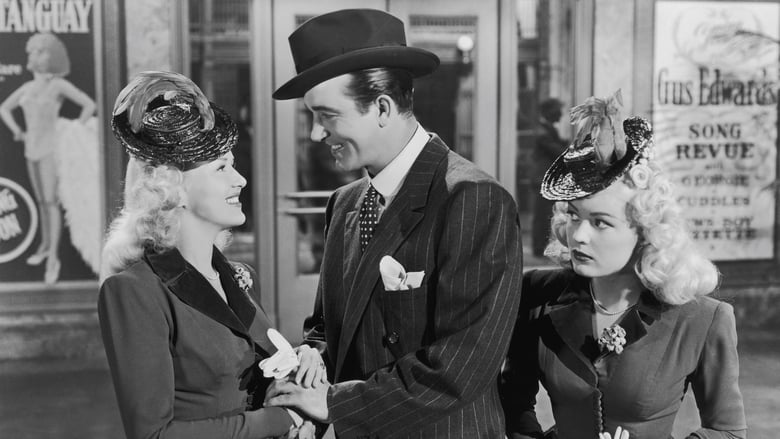
The Dolly Sisters (1945)
Two sisters from Hungary become famous entertainers in the early 1900s. Fictionalized biography with lots of songs.
Watch Trailer
Cast


Similar titles
Reviews
Here's another musical biopic hampered by a trite and uninteresting story-line. In the early stages of the film it's hard to tell the two sisters apart, but it soon becomes clear which one Betty Grable is portraying. We are glad that Alice Faye was not induced to come out of retirement and allow herself to be upstaged by Grable. Neither of the sisters as portrayed here display much of the bounce and vitality that made them a yesterfore household word. They are written and played as rather bland, colorless, penny-pinching, naive, selfish, not over-bright go-getters who can sing and shimmy adequately and can display an attractive limb or two.As the romantic lead, Mr. Payne is even more painful and perfunctory than usual, though he does have one or two lively moments (I guess he can't be blamed too much, not even Larry Olivier could make that railway station scene seem convincing); and would you believe it, he sings TWO reprises of his songs. As usual in films of this type, aside from the gorgeously colored photography, the most interesting thing about the film is the musical numbers - and that is certainly the case here. Interesting is right, but not altogether likeable, two of the numbers are extraordinarily grotesque, providing an unexpected feast for students of the really bizarre. Otherwise the direction is as humdrum and routine as the plot.The usual fine gallery of support players liven the proceedings, led by the delightful Trudy Marshall as Payne's girlfriend, and Frank Latimore who brings a welcome touch of asperity to an otherwise routine role. Despite his prominence in the billing, Sakall's part is small, but enough to satisfy his admirers.And at least this movie was expansively produced.
Two sisters and their grandfather come to America from their homeland of Austria and by way of entertaining the diners at a little restaurant, the sisters ultimately become stars on the stage, based on a true story of the real Dolly Sisters who lived in the early part of the 20th century. Here they are played by Betty Grable and June Haver. A love interest for Grable is supplied in the form of John Payne, who helps a lot with his humble disposition, despite the fact his character is quite boastful at the beginning of the film, and the grandfather is portrayed by S.Z. Sakall. Supporting players also include Reginald Gardiner and Sig Ruman.Their story is given grade-A treatment with a budget big enough for clothes galore and the numbers on stage are extravagantly shown. The songs throughout the film are good, but they are mainly the old ones they sang in the time they lived.If I had any problems with it, it tends to lose one's interest about a hour into it, with not much real humor (or punch) or any real heart to it. While it may have some sincere performances, it tends to meander, losing its focus from the beginning. It may be trying to be true to certain facts, but ultimately it becomes somewhat uneven.A more positive thing to say is that it did have a nice closing line and it makes you feel some closure for Grable and Payne. But, in real life, the fate of the Dolly Sisters is too sad to really get into here. At the time of this movie's production and release, one Dolly sister had already died.So, all in all, you may be pleased from its opulent treatment and the company of good-looking people like Grable, Haver, and Payne, but it's basically a Hollywood bio-pic made in the 40s, and truly not one of the best.
Betty Grable and June Haver are "The Dolly Sisters" in this 1945 film also starring John Payne, S.Z. Sakall and Reginald Gardner. Grable enjoyed an unparalleled run - 10 years in a row - in the Hollywood top ten box office, from 1941 to 1951, yet when Turner Classic Movies published their Unforgettable Leading Ladies of the Studio Era book, Grable was left out. For anyone who believes - erroneously - that Turner Classic Movies has any interest in film history, she was left out - just as Tyrone Power was left out of the leading men book - because TCM doesn't own their films.Not realizing that for a huge audience later on, it wouldn't exist, 20th Century Fox spared no expense for this lavish color musical about two real-life Hungarian sisters (actually brunettes) who were big entertainers in the beginning of the century. The story focuses on Jenny Dolly (Grable) primarily and her romance and marriage to Ziegfeld performer Harry Fox (inventor of the "fox trot"), played by John Payne, and how World War I and career separations destroyed their marriage.Grable and Haver look just like sisters and are marvelous together, wearing gorgeous costumes and looking fabulous and radiant throughout. Both bring a lot of energy to their roles. Payne does a good job as Harry, singing and acting well. A versatile actor, he could not only appear in musicals where he did his own singing, but he did plenty of drama and was also a hunk. He was invaluable to Fox during the war years.This is a very entertaining film, but it's a shame that a film on the true story of the Dolly Sisters has never been made. Jenny and Fox were divorced in 1921. She was indeed involved in a car accident with an ex-boyfriend in 1933 and had to sell her jewels to pay for many surgeries, but unlike the film, she never really recovered. She never reconciled with Fox and in 1941, she hung herself. Rosie did marry a Chicago businessman; she attempted suicide in 1962, though it failed, and she died in 1970. The two women were huge gamblers, only hinted at in the film, and made a fortune: They won $850,000 in one season at Deauville and one evening in Cannes, Jenny won 4 million francs, which she converted to a collection of jewelry, and then went on to win another 11 million more francs.I suppose during World War II, no one would have been interested in such a downer, so it's just as well that we have this film, which gives us vibrant entertainment in the best 20th Century Fox tradition.
"The Dolly Sisters" is Betty Grable and June Haver's most joyously tuneful musical, a gaudy, loud, exquisitely Technicolored extravaganza of songs, dancing, and romance, the kind of vacuous yet tasteful fluff 20th Century Fox did well with great success. The studio head, Darryl Zanuck intended as a vehicle for Alice Faye & Betty Grable, but he couldn't convince Faye to get out of retirement, so producer George Jessel casted June Haver, and the movie become one of the top grossing pictures of the 1940s. Grable and Haver (fantastic throughout) are the Hungarian born blonde sisters, Jenny & Rosie that took Broadway by storm. Their story begins with their arrival in New York in 1904, their subsequent rise from vaudeville acts to Broadway & Folies Bergere of Paris. They meet an aspiring composer Harry (John Payne) who arranges a meeting with Oscar Hammerstein to appear his Music Hall. Betty falls in love with Harry while June settles for a far less troubled romance with Frank Latimore. Betty is particularly very revealing, especially when she gets the nervous breakdown. Good performances also by S.Z. Sakall and Reginald Gardiner.Lots of rollicking, uproarious songs/numbers, including the Oscar-winning "I Can't Begin to Tell You", the haunting "I'm Always Chasing Rainbows", plus some kitschy stuff like "Powder, Lipstick and Rouge", "Give Me The Moonlight, Give Me The Girl"."Dolly Sisters" can be best appreciated if you see it back to back with June Haver's 1946's musical, "Three Little Girls in Blue", a joyous merriment in need of resurrection.


